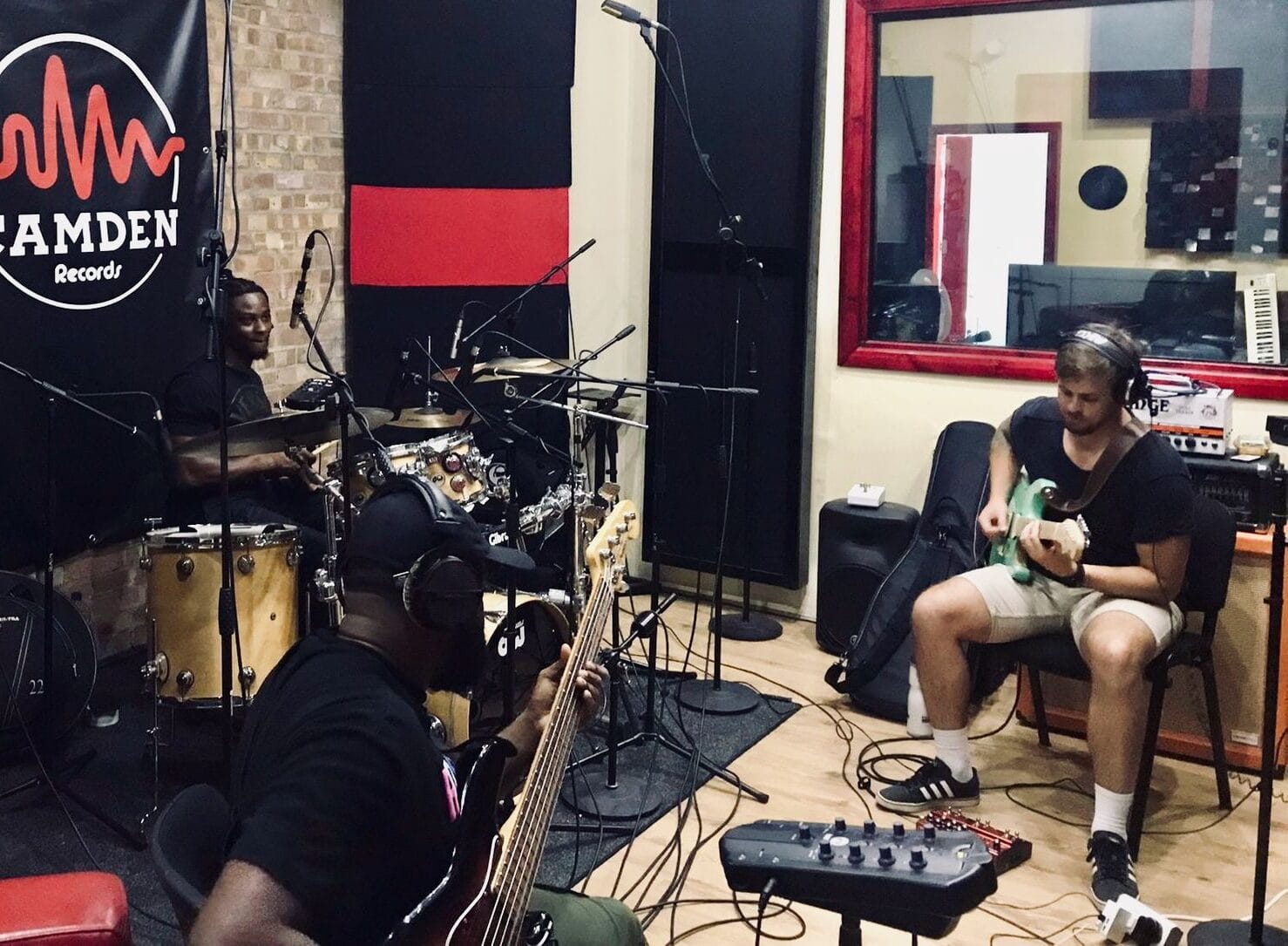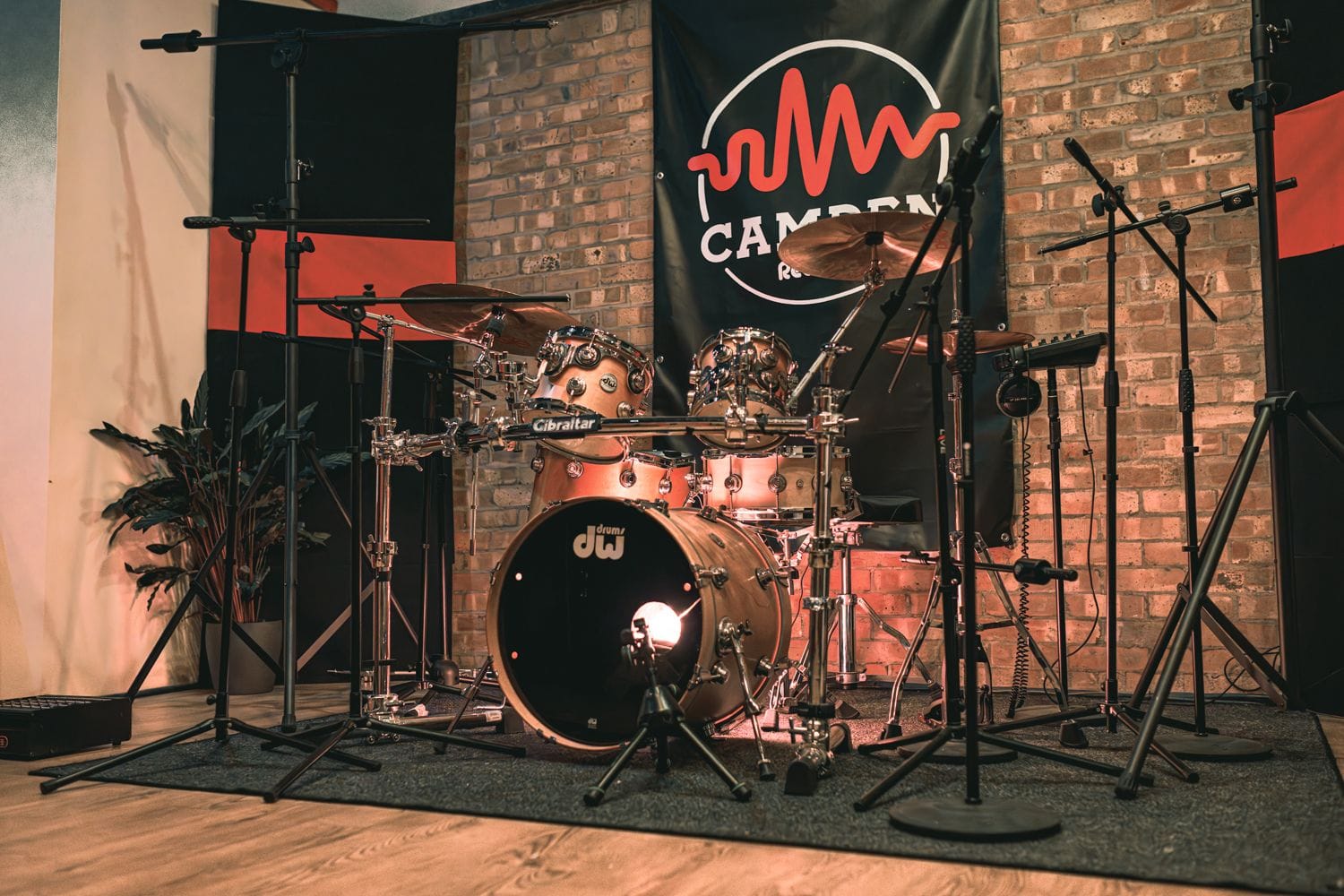Recording Studio vs. Home Studio Showdown
The debate between recording in a professional studio versus a home studio is a pivotal one for musicians and producers alike. Each option offers distinct advantages and challenges, shaping the path of musical projects. Understanding these differences can help artists make informed decisions that align with their goals, budget, and creative process.
Professional Recording Studios: The Pinnacle of Production Quality
Professional recording studios are synonymous with high-quality production. These facilities are equipped with state-of-the-art equipment, from microphones to mixing consoles, which are often out of reach for the average home studio. Additionally, professional studios provide an acoustically treated space, meticulously designed to capture the purest sound possible.
One of the most significant advantages of recording in a professional studio is access to experienced sound engineers and producers. These experts bring a wealth of knowledge and skill, ensuring that recordings meet industry standards. Their expertise can be particularly invaluable for mixing and mastering, processes that require a finely tuned ear and deep understanding of audio science.
However, the benefits of professional studios come with a cost. Booking studio time and hiring professionals can quickly add up, making this option less accessible for independent artists or those on a tight budget.
Home Studios: Flexibility and Creative Freedom
On the flip side, home studios offer unmatched flexibility and creative freedom. With advancements in technology, high-quality recording equipment has become more affordable, allowing artists to set up functional studios in the comfort of their own homes. This accessibility enables musicians to record whenever inspiration strikes, without the constraints of booking sessions and adhering to studio schedules.
Home studios also foster a more intimate recording environment. Artists can experiment with their sound, take their time with the creative process, and have complete control over their projects from start to finish. This autonomy can lead to more personal and innovative musical expressions.
However, the challenge with home studios lies in achieving professional-level sound quality. Without proper acoustical treatment and high-end equipment, recordings can suffer from noise interference and sound distortion. Additionally, the absence of experienced professionals can make the mixing and mastering process daunting for novices.
Making the Right Choice
Deciding between a professional recording studio and a home studio depends on various factors, including budget, project goals, and personal preferences. For artists seeking the highest production quality and expertise, professional studios are worth the investment. Meanwhile, those prioritizing flexibility, cost-efficiency, and creative control may find that a home studio better suits their needs.
Ultimately, the choice between recording in a professional studio versus a home studio is not about which is better overall, but which is better for you and your music. By carefully considering your priorities and resources, you can choose the path that will lead to your best work.






